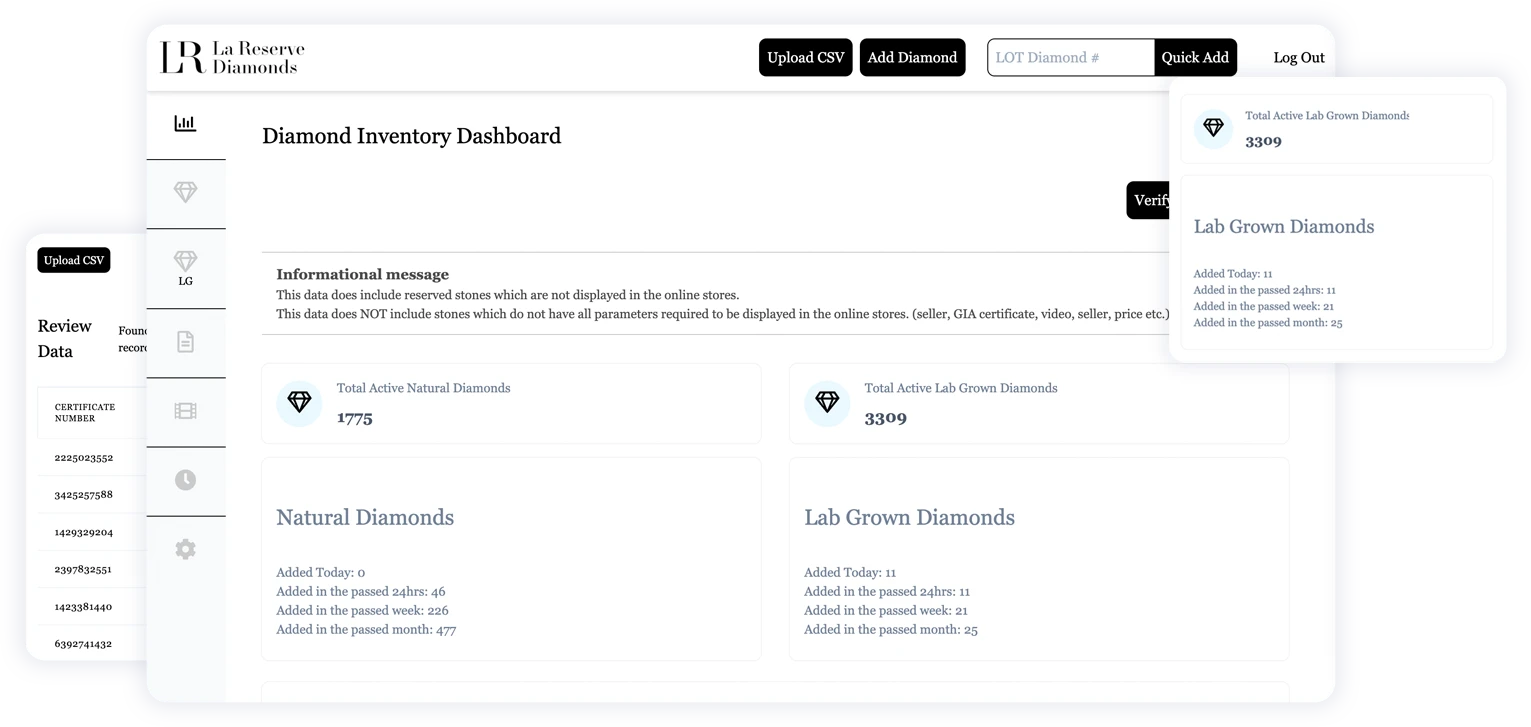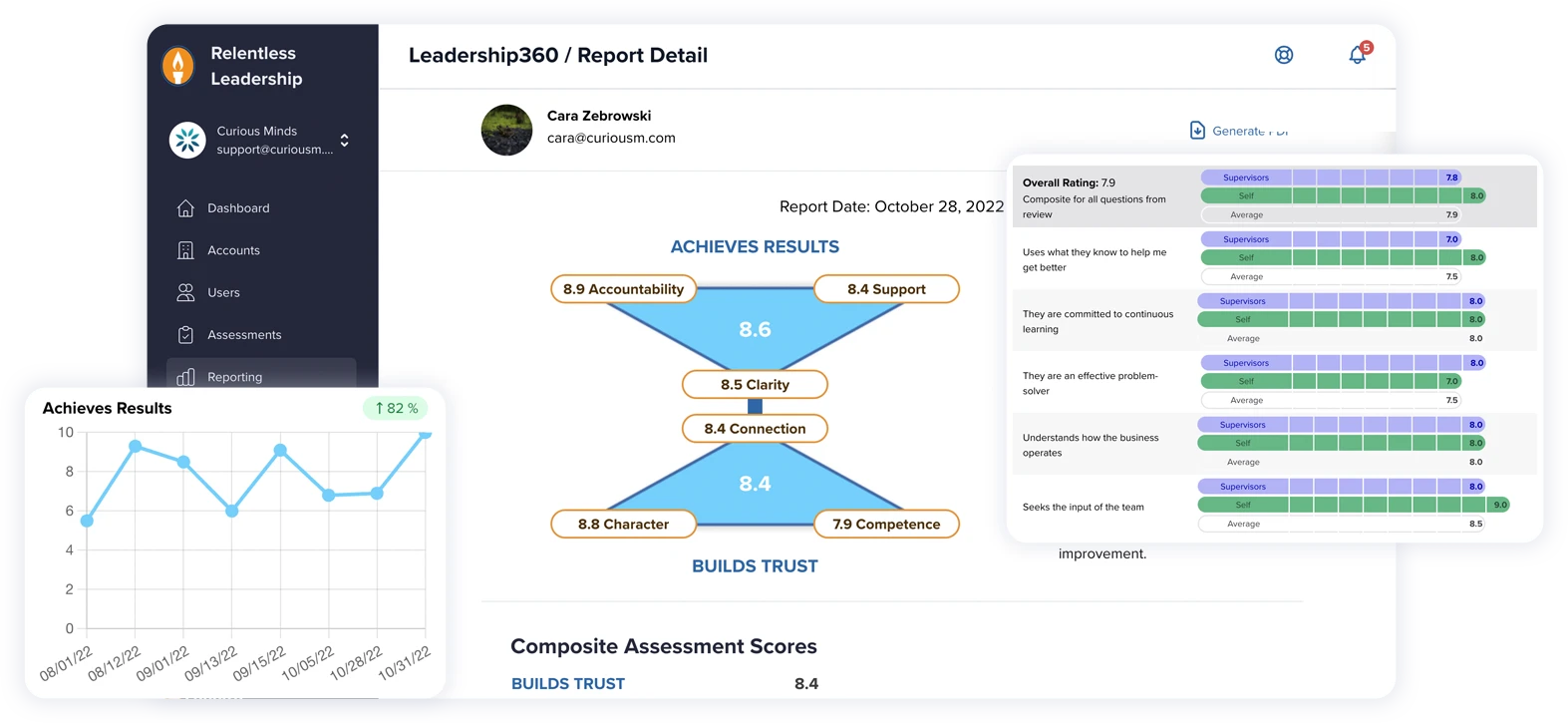Imagine your WordPress site perfectly connected with the corporate CRM and marketing automation, forming one ecosystem to handle customer interactions, leads, and campaigns in one place. By tying together the website and crucial business tools, WordPress CRM integration streamlines workflows, amplifies customer interactions, and assures meaningful returns on investment.
We explore the benefits, strategies, and tools for corporate CRM WordPress integration and marketing automation for WordPress. Whether you aim to boost efficiency or deliver personalized customer experiences, this integration can elevate your business operations.
The Role of WordPress in Corporate Workflows
WordPress has evolved from a simple blogging tool to a powerful content management system that can host enterprise websites. Its flexibility and extensive plugins provide the perfect platform for e-commerce, customer portals, and marketing hubs. However, WordPress cannot support the full customer lifecycle and advanced marketing workflows on its own.
This is where WordPress CRM integration comes in handy. In a connection between WordPress and CRMs such as Salesforce, HubSpot, or Zoho, a business has the power to monitor all customer interactions, manage the generation of leads, and create sales pipeline analyses. Adding marketing automation for WordPress with tools like Marketo, Mailchimp, or ActiveCampaign takes it further by automating workflows, nurturing leads, and targeting audiences effectively.
All these integrations combined make WordPress the central site for lead generation, customer management, and marketing campaigns. This way, this method aligns marketing and sales, creating a seamless experience from teams to customers.
Benefits of Integrating WordPress with CRM and Marketing Automation
A corporate CRM WordPress integration consolidates customer data in one place. Information from WordPress forms, e-commerce transactions, or membership signups syncs directly to the CRM, reducing manual data entry and improving accuracy. Real-time access to this data enhances collaboration across sales, marketing, and support teams.
Tracking user behavior lets you know what is happening on your WordPress website, like which pages the users visit, forms submit, or make purchases. This helps businesses draw patterns from such data to create high-impact targeted campaigns. A data-driven approach ensures that resources focus on high-impact opportunities.
With marketing automation for WordPress, workflows are triggered by user actions. For example, when a visitor downloads a whitepaper, they are automatically added to a nurturing email sequence. This ensures timely communication, saves time, and increases the likelihood of converting leads into customers.
Integration also improves coordination between marketing and sales teams. Leads qualified through WordPress campaigns are seamlessly transferred to sales via the CRM. This streamlined process prevents lost leads and creates a unified customer journey. The system easily scales as your business grows, supporting larger data volumes and more complex workflows.
Steps to Integrate WordPress with CRM and Marketing Automation
Start by selecting tools that align with your business goals. CRMs like Salesforce, HubSpot, or Zoho are excellent for managing customer data, while platforms like Marketo and ActiveCampaign specialize in marketing automation for WordPress. Choose tools compatible with plugins designed for WordPress CRM integration to simplify the process.
Next, use integration plugins such as WP Fusion, the HubSpot WordPress Plugin, or the Salesforce WordPress Plugin to sync data and automate workflows. These tools allow real-time data synchronization and customization to meet specific needs. Define triggers like form submissions or file downloads to ensure seamless data flow between WordPress, your CRM, and marketing tools.
Finally, automate workflows to improve efficiency. For instance, a completed form on your WordPress site can add a lead to your CRM and trigger an email sequence in your marketing platform. Before launching, thoroughly test the integration to ensure smooth operation. Monitor performance and refine workflows to adapt to changing business needs.
Real-World Use Cases: WordPress CRM Integration in Action
Lead generation and management is a key use case for corporate CRM WordPress integration. For example, a tech company might use WordPress forms to capture leads for a product launch. Integration with HubSpot automatically categorizes leads, assigns them to sales reps, and starts nurturing campaigns, ensuring timely follow-ups and improved conversion rates.
In e-commerce personalization, integrating WooCommerce with Salesforce allows businesses to track purchase histories and browsing behavior. This data powers personalized product recommendations and targeted marketing. For instance, frequent visitors to a specific product category might receive tailored emails featuring discounts or related items, driving engagement and repeat purchases.
For event registration and follow-up, WordPress integrates with tools like Marketo to manage webinar sign-ups. Automated workflows send event reminders, post-event resources, and follow-up emails to keep attendees engaged. These workflows streamline processes and improve lead conversion from events.
Challenges and Solutions for Integration
Compatibility issues are a common challenge when integrating WordPress with CRMs or marketing tools. Some systems don’t natively support WordPress, but plugins like WP Fusion or tools like Zapier act as bridges, ensuring smooth connections.
Data syncing errors can arise with large datasets, leading to inaccuracies. Regular audits and validation rules within the CRM can maintain data integrity. Testing the integration thoroughly before launch minimizes syncing issues.
Technical complexity may deter some businesses, as tasks like mapping data, automating workflows, and securing systems require expertise. Partnering with experienced WordPress developers simplifies setup and ensures reliable, secure integrations.
Future Trends in WordPress CRM and Marketing Automation Integration
The future of WordPress CRM integration includes exciting innovations:
AI-Driven Insights: Smarter segmentation and predictive analytics for tailored customer experiences.
Real-Time Data Processing: Faster, actionable insights into customer behavior.
Data Privacy Compliance: Enhanced focus on GDPR, CCPA, and similar regulations.
Omnichannel Marketing: Centralized management of campaigns across email, social media, and more.
Maximizing Efficiency and Engagement with WordPress Integration
The integration of WordPress with CRM and marketing automation turns your website into a powerful business tool. These integrations automate workflows, centralize data, and allow for personalized communication to help businesses scale up and improve customer engagement.
Curious Minds Media offers expertise in corporate CRM WordPress integration, ensuring your tools work together effortlessly. Let’s connect to discuss how we can enhance your CRM and marketing automation systems for better results.



















